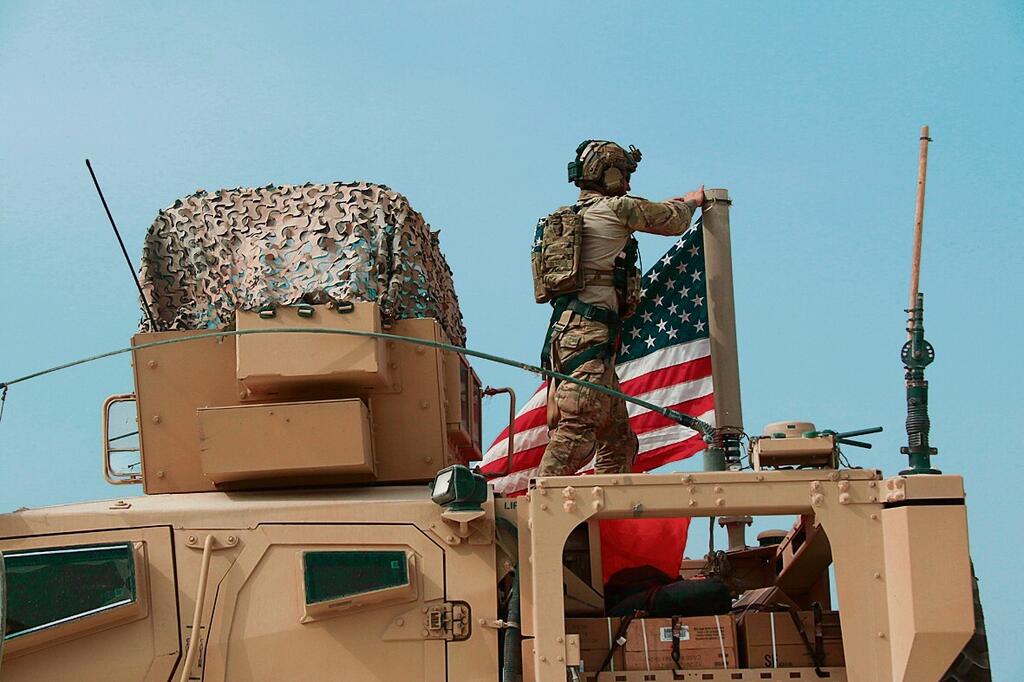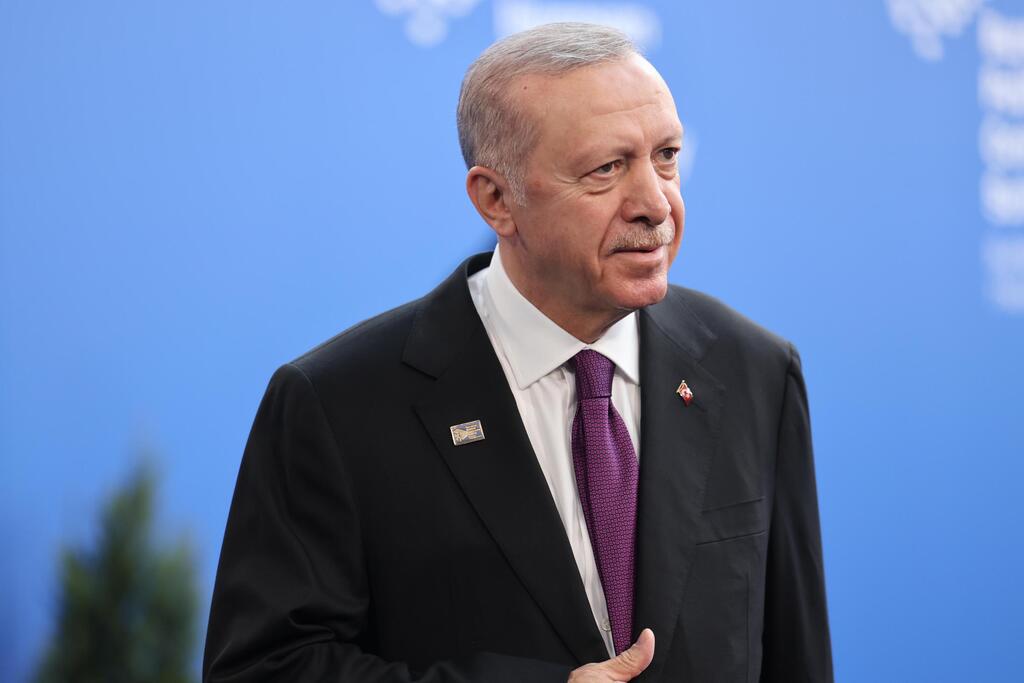The U.S. military is set to consolidate its presence in Syria over the coming weeks and months, two U.S. officials told Reuters on Tuesday, in a move that could reduce the number of troops it has in the country by half.
The U.S. military has about 2,000 U.S. troops in Syria across a number of bases, mostly in the northeast. The troops are working with local forces to prevent a resurgence of Islamic State, which in 2014 seized large swathes of Iraq and Syria but was later pushed back.
One of the officials, speaking on condition of anonymity, said that consolidation could reduce the number of troops in Syria to about 1,000. Another U.S. official confirmed the plan for a reduction, but said there was no certainty on numbers and was skeptical of a decrease of that scale at a time when President Donald Trump's administration has been negotiating with Iran and building up forces in the region.
President Donald Trump’s intention to withdraw U.S. forces from Syria comes as no surprise: he has long declared his desire to pull American troops from the region, consistent with the administration’s isolationist approach, partly influenced by Vice President J.D. Vance. “This isn’t our war,” Trump stated, and the Pentagon has been working on the withdrawal plans for some time. Washington is now preparing to move into the practical phase, while keeping Israeli counterparts regularly updated. In discussions between the two sides, Israeli representatives expressed deep concern over the move’s potential consequences.
A senior Israeli official estimated that if the withdrawal does happen, it will be only partial—an outcome Israel is nevertheless trying to prevent, out of fear it would heighten tensions with Turkey. Ankara is openly seeking to expand its control in the region following the fall of Bashar Assad’s regime. U.S. forces are currently deployed in several strategic areas in eastern and northern Syria, serving as a stabilizing force. In Jerusalem, officials fear their departure would increase Turkey’s “appetite” for taking over additional strategic military assets on the ground.
A Turkish commentator even claimed that the Turkish military could reach Tel Aviv within 72 hours in the event of conflict.
President Recep Tayyip Erdogan is aiming to capitalize on these tectonic shifts to elevate Turkey into a regional power, in part through its involvement in Syria. His incendiary rhetoric toward Israel since the war’s outbreak has fueled unease among Israel’s security and political leadership, particularly as Turkey moves closer to Israel’s northern border. While not officially an enemy state, as Prime Minister Benjamin Netanyahu once said about another country, Turkey is a “complex state.”
On Tuesday, Erdogan warned: “Developments in the Middle East are important to our country, our security and our economy. Any party that tries to destabilize Syria will find us standing by the Syrian regime. We will not allow Syria to be divided, or a return to the situation before December 8 (the fall of Assad). Anyone seeking to provoke conflict in Syria will find themselves facing us. Some are testing Turkey’s patience.”
Israel has made clear to both Ankara and Washington that a permanent Turkish presence at bases like Palmyra and T4 would cross a red line, potentially undermining the IDF’s operational freedom in the northern arena. At a meeting last week in Azerbaijan between Israeli and Turkish representatives, Israel stressed that it views Syria’s new government as responsible for everything occurring in those areas, and warned that its actions would have consequences—including possible military action. Both sides expressed interest in de-escalating tensions and began talks on establishing a coordination mechanism, modeled after the Israeli-Russian system that regulated Israeli air operations in Syria.
Get the Ynetnews app on your smartphone: Google Play: https://bit.ly/4eJ37pE | Apple App Store: https://bit.ly/3ZL7iNv
Still, the planned U.S. withdrawal, coupled with Trump’s expression of empathy toward Erdoğan during his meeting with Netanyahu last week, has heightened alertness in Israel’s defense establishment. In this context, Trump’s offer to mediate between Israel and Turkey is not seen as reassuring—especially as the American exit appears to be approaching. Security officials noted that recent strikes on the T4 base amount to a “race against time” before the Americans “fold up shop.”
Today, the Saudi channel Al-Hadath quoted an Israeli security source as saying: “Turkey-Israel talks continue to prevent friction in Syria. The Turks conveyed messages to Israel that they are not interested in confrontation, despite Erdogan’s statements.”




